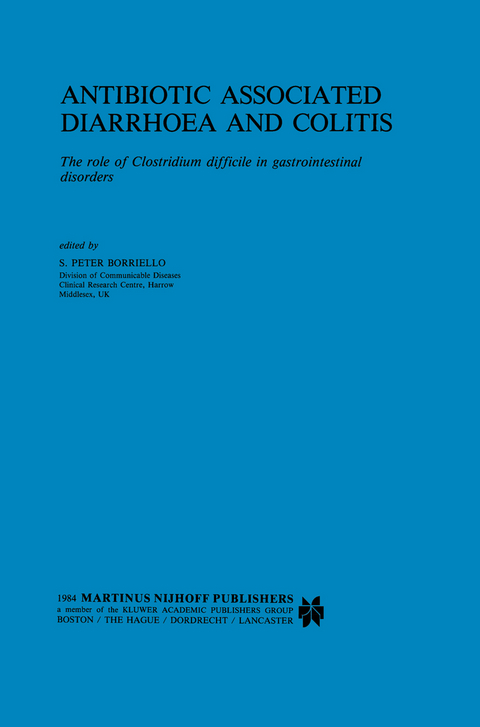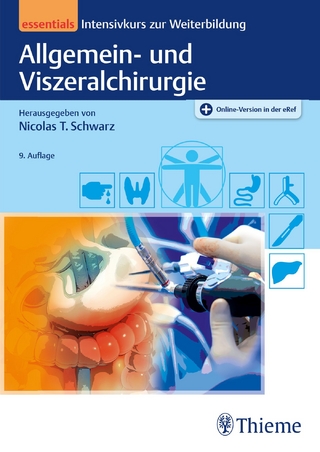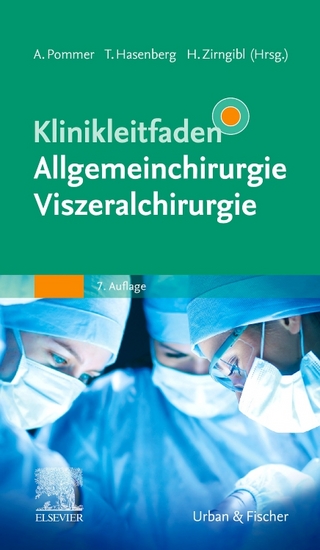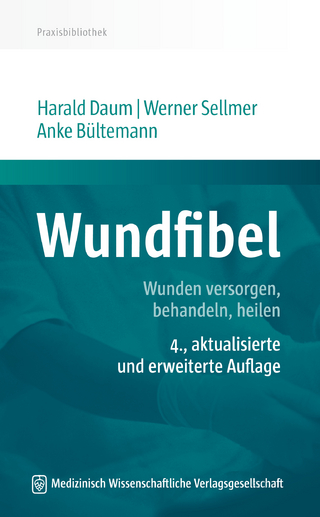
Antibiotic Associated Diarrhoea and Colitis
Springer (Verlag)
978-94-010-8999-9 (ISBN)
, 1978a), and also recent recognition of the fact that there may be a spectrum of gastrointestinal diseases associated with GBP. difficile infections (Borriello and Larson, 1981, Bolton ~ al. , 1980, Brettle ~ al. , 1982), an increasing number of laboratories are seeking to detect, isolate and identify GBP. difficile from clinical samples.
1 Antibiotics associated with Clostridium difficile mediated diarrhoea and/or colitis.- 2 Spectrum of disease.- 3 Diagnosis and treatment of antimicrobial agent-associated diarrhea and colitis.- 4 Detection, isolation and identification of Clostridium difficile.- 5 Detection of Clostridium difficile toxins.- 6 Epidemiology of antimicrobial agent-associated diarrhea and colitis.- 7 Typing Clostridium difficile.- 8 Clostridium difficile and colonization resistance.- 9 Characteristics of the toxins of Clostridium difficile.- 10 Interaction of Clostridium difficile toxin B (cytotoxin) with cultured cells.- 11 Animal models of Clostridium difficile infection.- 12 The pathology of antibiotic-associated colitis.- Concluding remarks The unanswered questions.- Reference section.
| Reihe/Serie | Developments in Gastroenterology ; 5 |
|---|---|
| Zusatzinfo | VIII, 180 p. |
| Verlagsort | Dordrecht |
| Sprache | englisch |
| Maße | 155 x 235 mm |
| Themenwelt | Sachbuch/Ratgeber ► Natur / Technik ► Garten |
| Medizinische Fachgebiete ► Chirurgie ► Viszeralchirurgie | |
| Medizinische Fachgebiete ► Innere Medizin ► Gastroenterologie | |
| Medizin / Pharmazie ► Medizinische Fachgebiete ► Mikrobiologie / Infektologie / Reisemedizin | |
| ISBN-10 | 94-010-8999-X / 940108999X |
| ISBN-13 | 978-94-010-8999-9 / 9789401089999 |
| Zustand | Neuware |
| Haben Sie eine Frage zum Produkt? |
aus dem Bereich


